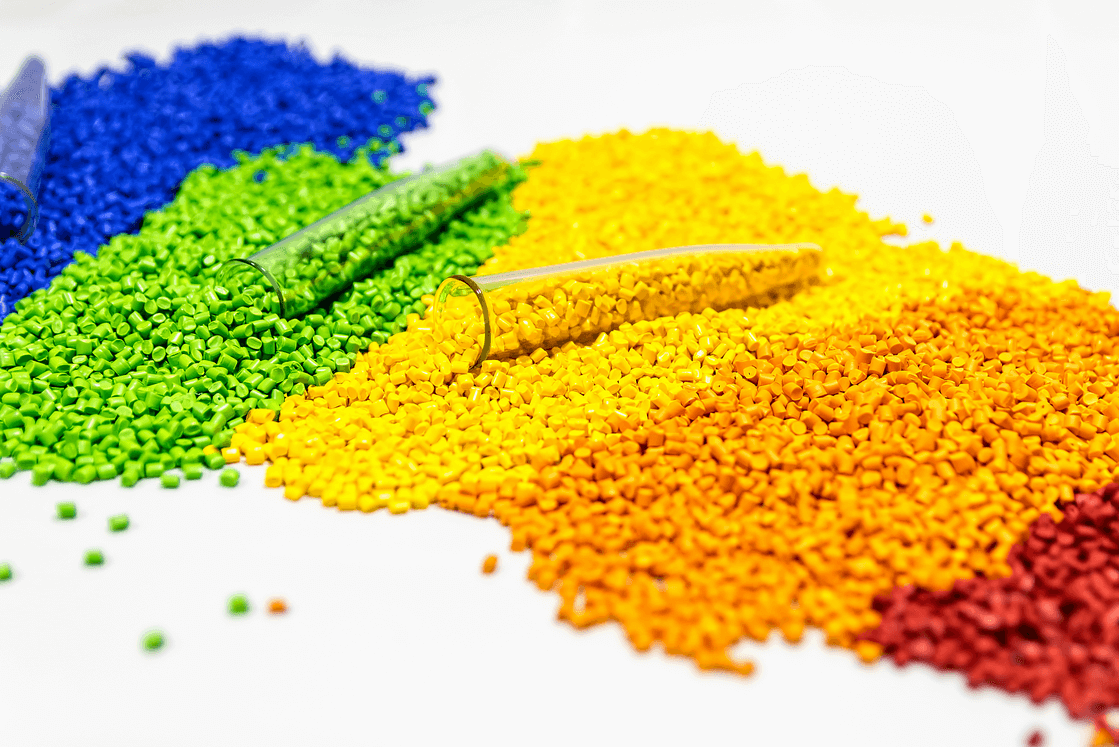Over the years, it has been increasingly difficult to find better, more effective materials to improve the manufacturing process. However, the use of plastic substrates has been known to start replacing other materials like glass, wood, or stone, in manufacturing. In doing so, it’s been saving manufacturing companies thousands in production costs.
How Plastic Substrates Can Substitute Other Materials
Plastics are not only a cost-efficient alternative to more expensive materials, they also are easier to work with and have improved performance characteristics over some other resources.
Though there are challenges with the use of plastic substrates, such as thickness modifications, structural support, and possible warping in the fabrication process. Plastic substrates do provide a lighter, less expensive option that requires little maintenance and assembly.
Depending on your application requirements, it may pose a challenge to some considering that you may have to convert multiple plastics for the substitution to work. But you can assemble them using snaps, welding, or clips. The addition of resins can also help with durability, creating strength levels comparable to metals and other sturdier materials.
Some common uses for plastic substrates include (courtesy of Thomas):
Rubber: Often substituted with relatively low-cost plastic materials, such as thermoplastic olefins and thermoplastic elastomers.
Glass: Acrylic is a common alternative to glass, and although it can be less durable, it costs less and has desirable properties used in the production process. If you’re looking for a more durable option, polycarbonate has proved to be both lightweight and impact-resistant.
Paints and Enamels: Thermosetting powder-coatings can serve as an effective plastic-based replacement to paint and enamels.
Metal Foils: Plastics that have static dissipation properties serve as a substitute for metal foils that are used as packaging material.
Plastic substrates have been proven to lower costs in the manufacturing process, swapping out expensive materials with less expensive materials that are just as, if not more efficient. Though there are setbacks, replacing materials with plastic substrates pays off in the long-term process of manufacturing and production.
Industrial Custom Products has decades of experience in a variety of industries, using different materials, processes, and technologies. Improving the way we do things in the manufacturing process is only a small part of what we do.
Contact us and speak with an engineer about your project at (612) 781-2255, or request a quote online. You will receive a prompt response.
Industrial Custom Products is a one-stop-shop for custom manufacturing and plastic fabrication, including: prototyping and product development, die-cutting and dieless knife cutting, thermoforming and vacuum forming, large part thermoforming, CNC plastic routing, fabrication and assembly, and drape forming.

